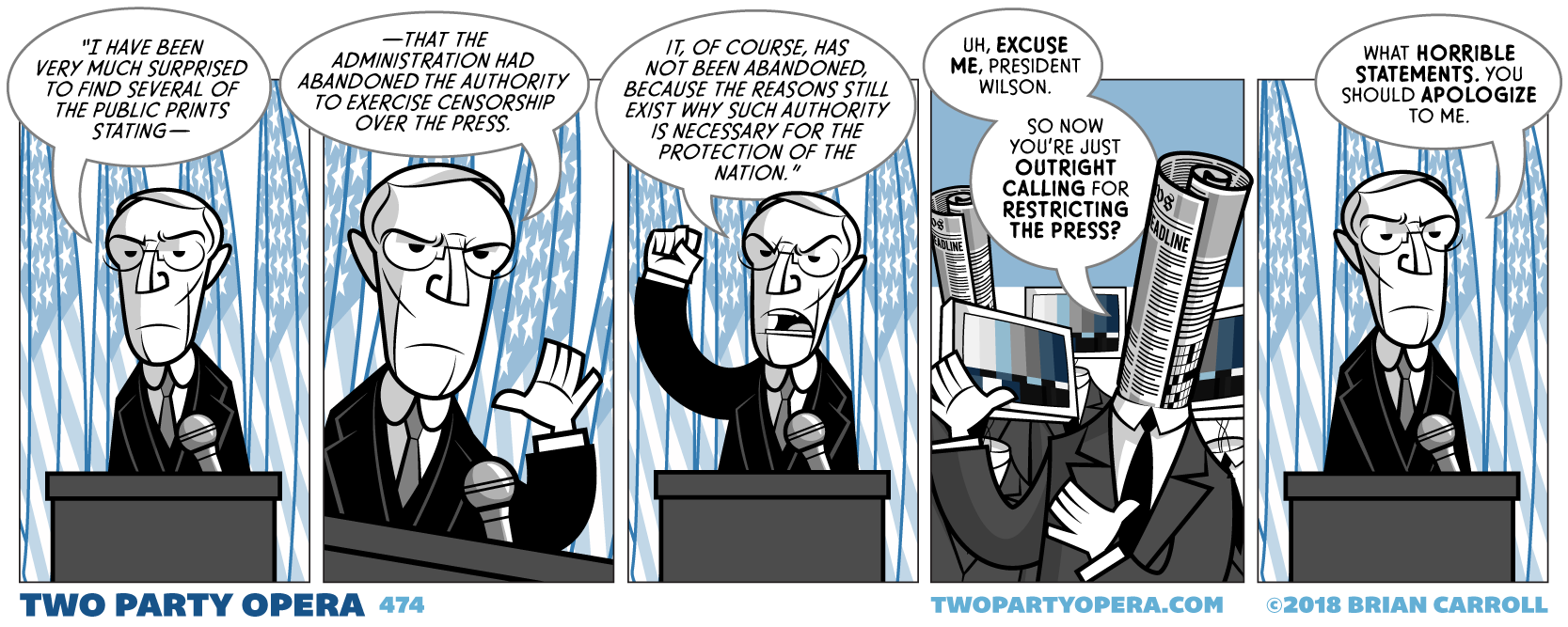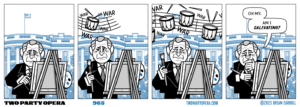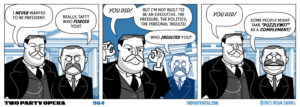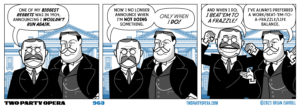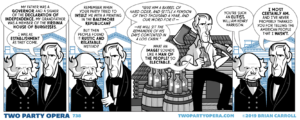Horrible Statements
On May 22, 1917, Woodrow Wilson sent a letter to the Chairman of the House Judiciary Committee, Representative Edwin Y. Webb, to drum up support for a press censorship amendment to the Espionage Act – which was essentially designed to crush protests over World War I under the guise of national security and preserving patriotism. It said:
“I have been very much surprised to find several of the public prints stating that the administration had abandoned the position which it so distinctly took, and still holds, that authority to exercise censorship over the Press to the extent that that censorship is embodied in the recent action of the House of Representatives is absolutely necessary to the public safety. It, of course, has not been abandoned, because the reasons still exist why such authority is necessary for the protection of the nation.
I have every confidence that the great majority of the newspapers of the country will observe a patriotic reticence about everything whose publication could be of injury, but in every country there are some persons in a position to do mischief in this field who can not be relied upon and whose interests or desires will lead to actions on their part highly dangerous to the nation in the midst of a war. I want to say again that it seems to me imperative that powers of this sort should be granted.”
The amendment was voted down, leaving the poor authoritarian Woodrow Wilson no choice but to arrest people for sedition instead.
